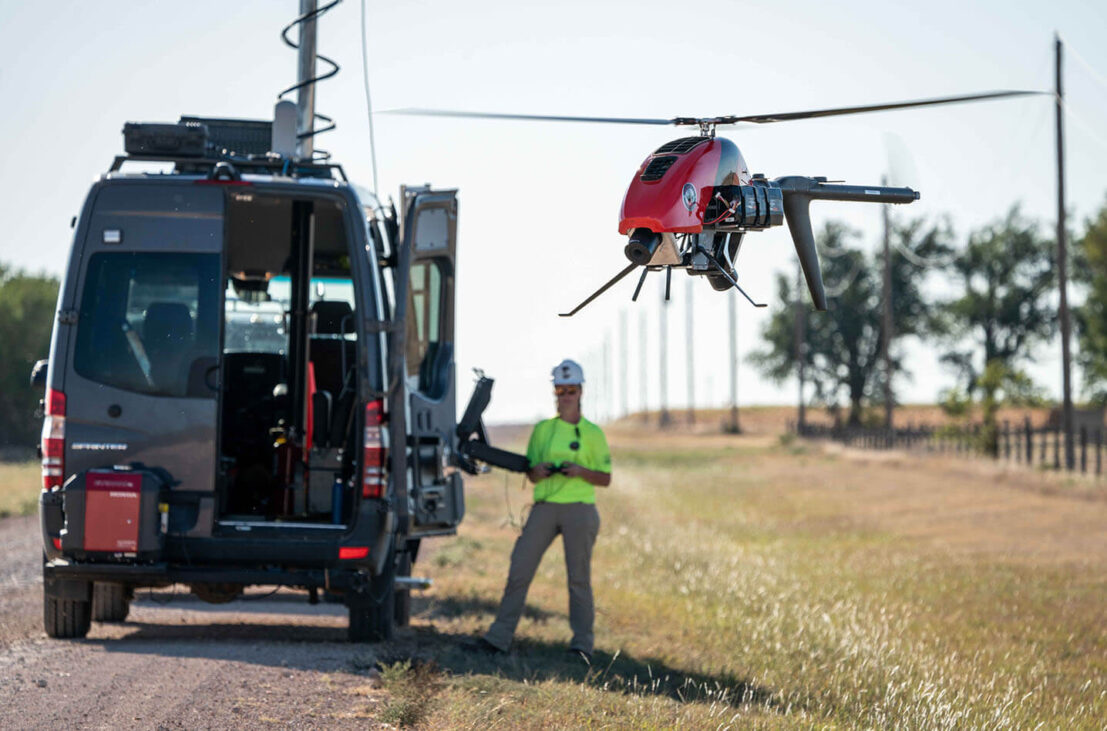
Jan. 18, 2022
Marking its 20th year, the International Standard for Business Aircraft Operations (IS-BAO) is introducing its first revision in four years, which has leaner content and addresses specific safety concerns, particularly those related to rotary-wing operations.
“In our new world of constant change, unprecedented growth, workforce challenges and new sustainability efforts, today’s operators need a professional and safety-based culture more than ever,” said IS-BAO Programme Director Andrew Karas.
The International Business Aviation Council (IBAC), which oversees IS-BAO, recently concluded its 40th year and leads the IS-BAO team with its focus on growing the Progressive Stage 3 (PS3), Programme Support Affiliate (PSA) and advanced air mobility communities.
As they renew their IS-BAO participation, many mature Stage 3 operators are taking advantage of the Progressive Stage 3 option, which gives qualified operators a way to advance their safety system, share data and mentor and share their best practices with others.
The Programme Support Affiliates assist operators who want to employ the latest tools and resources in their IS-BAO implementation. PSAs can qualify in two categories – subject matter experts and IS-BAO (and IS-BAH for ground handling) audit and registration support. These categories provide IBAC recognition for an operator’s consulting and support services that help others achieve IS-BAO or IS-BAH registration through training, education and providing assessments.
Aviation safety organizations and professionals can become IBAC PSAs to enhance and expand their business.
An IS-BAO working group, which includes industry experts, has reviewed the Remotely Piloted Aircraft System (RPAS) standard and recommended changes to address the advanced air mobility industry. This effort is now in open beta testing, which has resulted in the first successful audit for an RPAS operator – Georgia-based Phoenix Air Unmanned.
“The RPAS working group did an outstanding job, and we are grateful for their dedication to establishing safety best practices for a rapidly evolving industry,” said Karas. “We are excited to launch this standard for the RPAS community, and congratulate Phoenix Air Unmanned for leading the way and implementing the voluntary IS-BAO safety standard throughout their organization.”
The working group is gathering feedback and recommendations from the beta operators to incorporate this rapidly changing segment of aviation.


 International Business Aviation Council Ltd.
International Business Aviation Council Ltd.